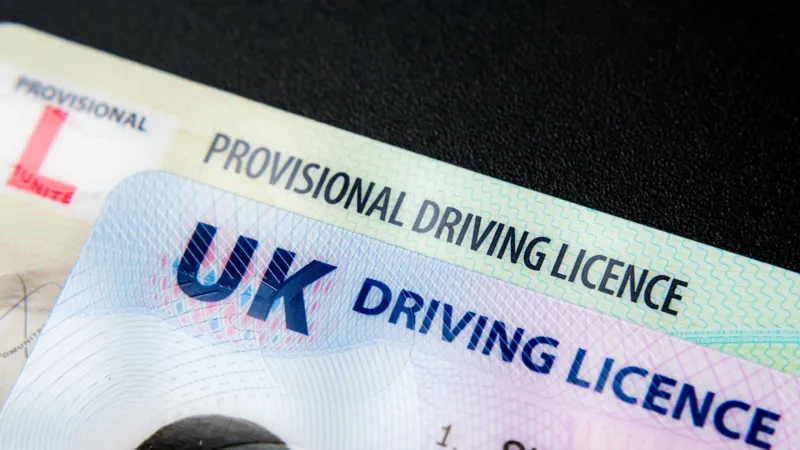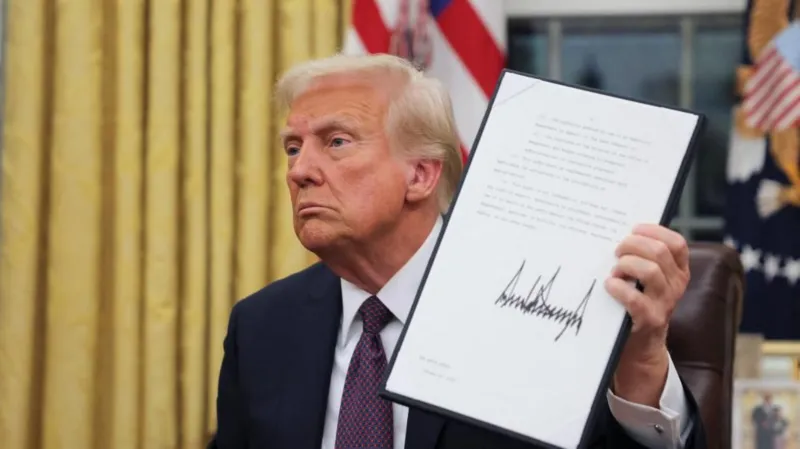The UK government is preparing to introduce digital driving licences as part of a wider effort to modernize public services and embrace digital solutions. This transformative move aims to streamline the licensing process and provide greater convenience for motorists across the country.
The digital driving licence initiative will be spearheaded by the Driver and Vehicle Licensing Agency (DVLA). Under this plan, drivers will be able to store and access their licences directly on their smartphones or other digital devices, eliminating the need to carry a physical card. The introduction of digital licences is expected to make it easier for individuals to prove their identity and driving qualifications in real-time.
Key Features and Benefits
The proposed digital driving licence will be more than just a digital replica of the current plastic card. It will likely incorporate enhanced security features to reduce the risk of fraud or misuse. Additionally, drivers may benefit from instant updates, such as changes to their licence status, which could be reflected in the digital version immediately. This would be particularly useful for addressing issues like updating address details or adding driving endorsements.
Another advantage is the potential for seamless integration with other digital services. For instance, car hire companies, insurers, and law enforcement authorities could verify driving credentials quickly and securely. The digitization of licences is also expected to improve road safety, as it may provide real-time access to critical information about disqualified or suspended drivers.
Environmental and Practical Impacts
The move towards digital licences also aligns with the government’s sustainability goals by reducing the production and distribution of plastic cards. Moreover, it eliminates the potential hassle of losing or damaging a physical licence, as drivers can retrieve their digital version anytime from a secure app.
The DVLA has emphasized that the digital licences will coexist with the traditional physical versions, ensuring that no one is excluded from the transition. This approach is particularly important for individuals who may not own a smartphone or prefer to use the traditional format.
Challenges and Considerations
While the introduction of digital driving licences offers numerous benefits, it also raises questions about data security and accessibility. Ensuring robust cybersecurity measures will be crucial to protect users’ sensitive personal and driving information. Moreover, the government will need to address concerns about digital inclusivity, ensuring that all segments of the population can benefit from this shift.
A Step Towards a Digital Future
The rollout of digital driving licences represents a significant step towards modernizing the UK’s public services. As the world increasingly moves towards digital solutions, this initiative underscores the government’s commitment to leveraging technology to improve convenience, efficiency, and sustainability for its citizens. The launch date is yet to be confirmed, but it’s clear that this development is poised to make driving in the UK more seamless than ever before.




















